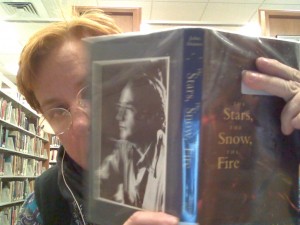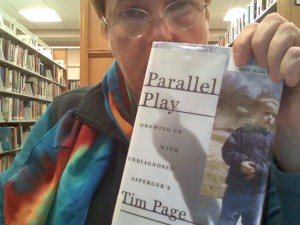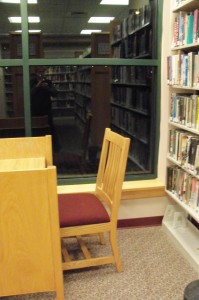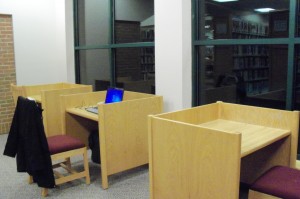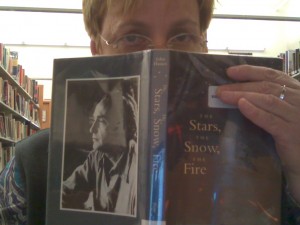And a happy new year to all.
Alas, holidays are over.  Okay, everyone, back to work.  Seriously.
I’m again at my library, finding that my favorite carrel by the great big windows is exceptionally COLD.  Less that two feet away, it’s 23 degrees fahrenheit out there (-5 Celsius, for you Europeans).
What this place needs is a fireplace to sit beside.  Yeah. And a cat!
I’d bundle up, but bundling up does rather immobilize one. And I’m already stiff and achy from sitting immobile all day at the DayJob.
Yes, I still have the DayJob! Plans are afoot —  but for the time being, yes, still there, grumble grumble…
I’ve just finished reading John Haines’ book The Stars, The Snow, The Fire, which I discovered when I pulled it off the shelf for a random quote last month.
I found it fascinating, in so many ways — I love wilderness, and solitude, and deep thought, and any place that has clear open skies above, and the book does have all of that.  And Haines was a poet, so his memoir is often poetic, but always clear and immediate.
I find I like him least when he is being intentionally philosophical, and best when he lets the landscape, events and characters  speak for themselves.  If you present something clearly enough, the implications will communicate themselves, and you needn’t channel the reader toward some specific conclusion.   And more often than not, that’s how Haines manages his essays; I think he’s especially brilliant at it.
But one thing I found particularly interesting, and unexpected, Â was the near-total absence of women.
Now, I do not complain about this.  I bring it up merely as an aside. It’s a simple fact of the time and place about which Haines was writing.  But I felt as though I were being given a window into a world not otherwise open to me.
A world of hunting, trapping, building cabins by hand.  Hunkering down for the winter, waiting for the sun to return.  Listening for the ice to break.  Trekking miles down the mountainside for an evening’s visit to the nearest roadhouse, there to listen to the laconic conversation of the most grizzled of old-timers…
Certainly a woman can do all that, and almost certainly they are doing it — now.  But the time covered by Haines’ memoir is from the late 1940’s to the late 60’s.  For the most part, these men saw only other men, for months on end — that is, when they saw another human being at all.
But I believe: bring a woman into the picture, and the men would have acted differently; stories would have unfolded in a different way; and the whole social dynamic would have altered.
In fact, I get the sense that  the solitude itself would have been a different solitude, if this world had been shared by an equal number of women.
Of course… perhaps it was.   Haines mentions women only glancingly — but is that because (as seems to have been comunicated to me) they were mostly absent?   Or did the author, a product of his times, consider them and their stories irrelevant?
I don’t know.  I can’t tell from the book.
But again, I’m not complaining about the absence of women;Â but it does render this an alien landscape, which I cannot help but find fascinating.
Well. No random quote today, as I’ve spent my blogtime talking about John Haines.
I really, deeply enjoyed this book.
